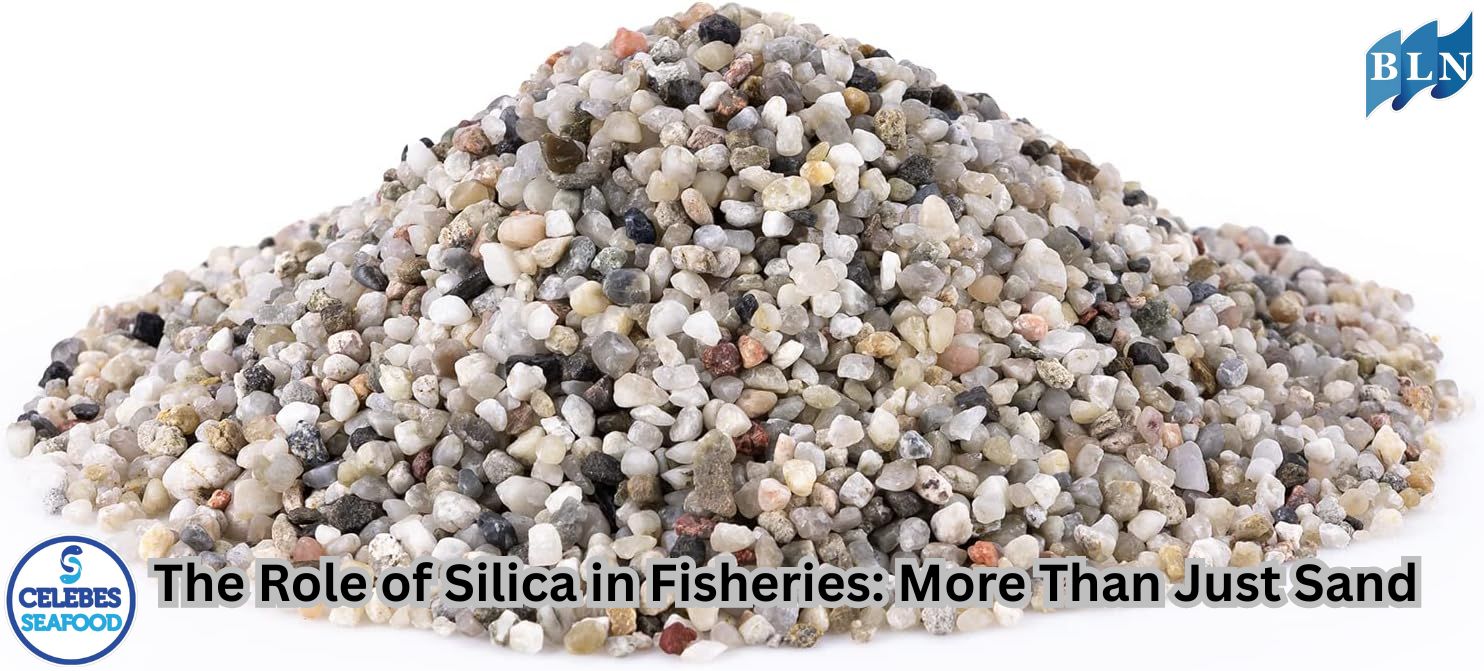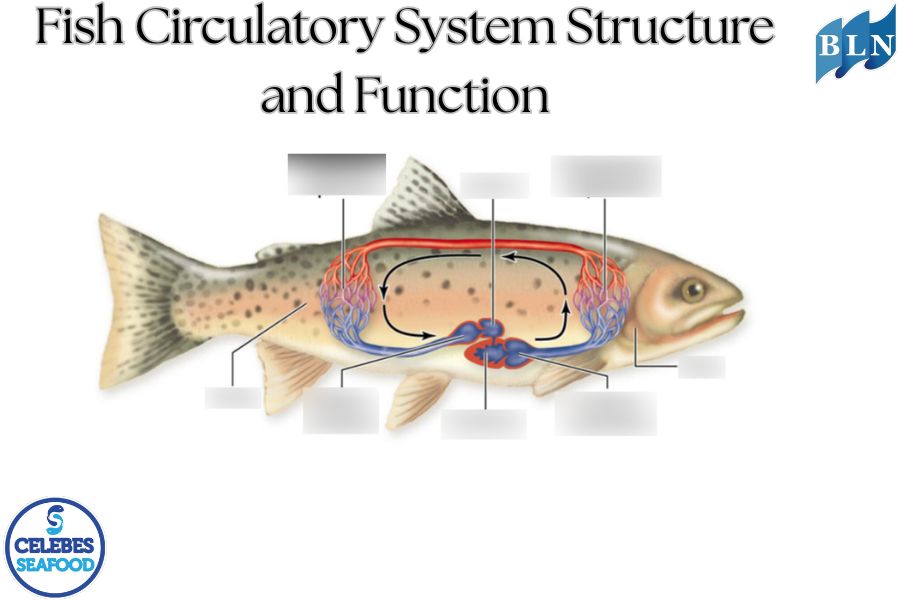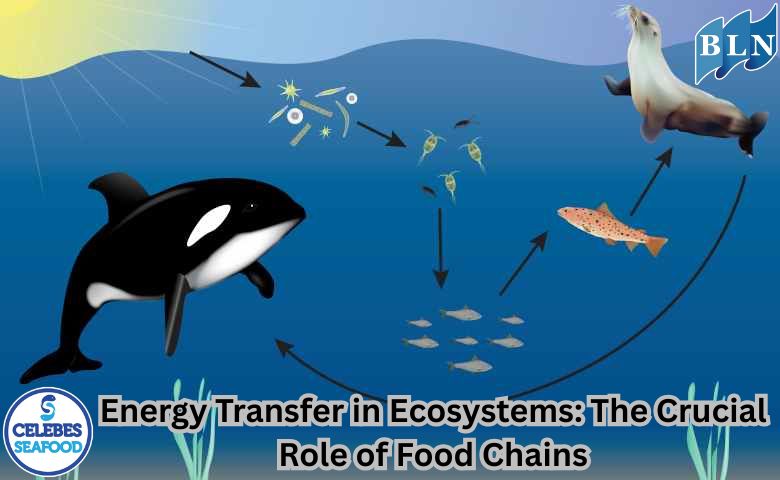Study on the Quality Stability of Seaweed Meatballs During Cold Storage
By. Azizah - 16 Jun 2025.jpg)
lautnusantara.comThis study aims to evaluate the quality stability of seaweed-based meatballs stored at cold temperatures (4 ± 1°C) for 21 days. Observed parameters included changes in pH, moisture content, water activity (aw), total microbial count, and organoleptic attributes (color, texture, aroma, and taste). Eucheuma cottonii seaweed was added at 10% of the total dough to enhance dietary fiber content and improve texture. Results showed gradual quality degradation during storage, particularly after day 14, as indicated by increased microbial counts and decreased sensory scores. However, the product remained acceptable for consumption up to day 14 based on physical, chemical, and sensory quality parameters.
1. Introduction
Meatballs are a popular processed meat product in Indonesia, typically made from beef or fish. Innovation through the addition of plant-based ingredients like seaweed aims to improve nutritional value, particularly dietary fiber, while also offering unique texture. However, processed products such as meatballs are prone to spoilage during storage. Therefore, assessing quality stability under cold storage is essential to determine a safe and acceptable shelf life.
2. Research Methods
2.1 Materials
Fresh mackerel, dried seaweed (Eucheuma cottonii), tapioca flour, garlic, salt, and other seasonings.
2.2 Meatball Preparation
Seaweed was soaked, steamed, and blended before being mixed into the fish dough. The meatballs were shaped, boiled until cooked, cooled, packed, and stored at 4 ± 1°C.
2.3 Quality Parameters
-
Physicochemical: pH, moisture content, and water activity (aw) measured on days 0, 7, 14, and 21.
-
Microbiological: Total Plate Count (TPC)
-
Organoleptic: Semi-trained panelists evaluated color, aroma, texture, and taste using a 9-point hedonic scale.
3. Results and Discussion
-
pH and aw gradually decreased during storage, indicating slow microbial activity and possible fermentation.
-
Total microbial counts remained below the SNI threshold (10⁶ CFU/g) until day 14, then increased sharply by day 21.
-
Sensory scores were highest from day 0 to 7. A noticeable decline occurred by day 14, and by day 21, the product was deemed unacceptable by panelists.
Seaweed Meatballs are an innovative variation of traditional meatballs that incorporate seaweed as a mixing ingredient. Seaweed, a marine plant, adds both texture and nutritional value to the meatballs, making them a healthier, fiber-rich food option.
Further Explanation:
Ingredients:
Seaweed meatballs are made by combining meat (beef or chicken) with seaweed, without the use of artificial flavor enhancers or colorings, making the product more natural.
Benefits:
Adding seaweed to meatballs offers several advantages, including:
-
High Fiber Content: Seaweed contains a high amount of dietary fiber, which is beneficial for digestion.
-
Nutrient Source: Seaweed also provides essential nutrients such as iodine, which may be lacking in conventional meatballs.
-
Natural Emulsifier: Seaweed can act as a natural emulsifier in meatball production, helping to maintain the chewy texture.
Food Innovation:
Seaweed meatballs are an example of food innovation in the culinary industry that utilizes marine resources to create healthier and more functional food products.
If you are interested in our Coral Trout Fillet Skin On, CORAL TROUT WGG WHOLE GILLED GUTTED, TOMATO COD WHOLE GILLED GUTTED please do not hesitate to contact us through email and/or whatsapp.
.jpg)




.jpg)
.jpg)
